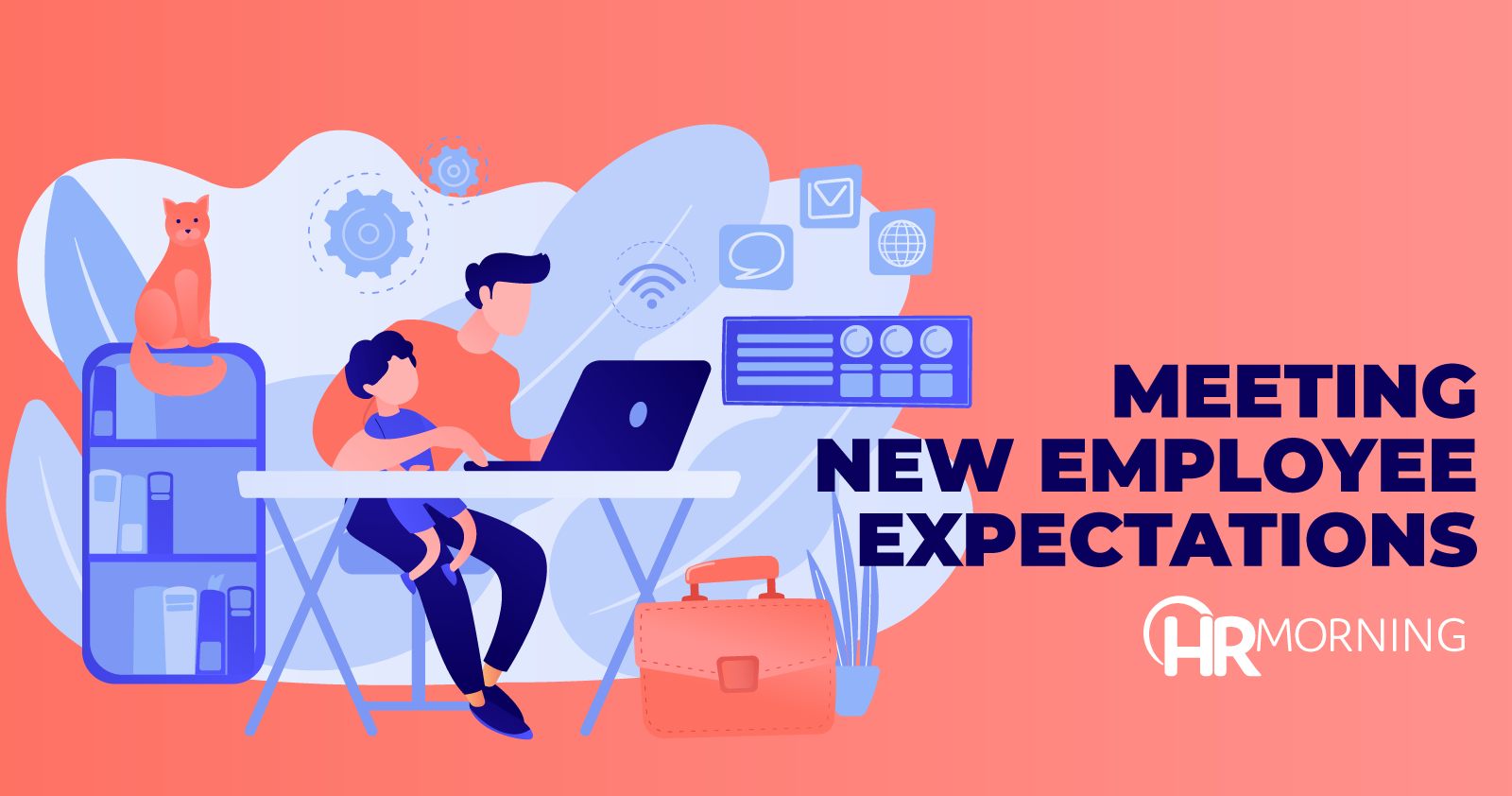Working parents are far more susceptible to stress and burnout than their childless counterparts. In fact, full-time working mothers experience 40% more chronic stress than working women with no children, and it was recently reported that 9.8 million working mothers in the U.S. are suffering from burnout.
There’s no question that women are disproportionately impacted by the stresses of balancing parenthood and work, but men are also greatly affected. One survey of working dads revealed that 72% feel emotionally and physically worn out, and another study found that dads are just as likely as moms to feel depressed.
Recent research conducted by Grokker Innovation Labs revealed that nearly 40% of leaders are “most concerned” about supporting working parents, and it’s no surprise. With working parents making up much of the workforce, organizations that fail to offer the benefits parents need will be dealing with higher rates of burnout and turnover, and will struggle to recruit and retain top talent.
Here are four benefits that working parents might need, but are often overlooked by employers. You might consider implementing these benefits to help curb some of the stress working parents deal with.
Flexible work schedules + ability to work from home as needed
Employers must be understanding of working parents’ needs for flexible schedules and the option to occasionally work from home. This should be woven into the fabric of the company. The more people taking advantage of it the better as it shows that employees are not being penalized (directly or indirectly) for working from home or creating flexible work schedules, which can often discourage others from using this benefit.
To make the case for this benefit, you can point to several recent studies and statistics showing just how many people prefer hybrid and flexible work arrangements.
A recent Harvard Business School study found 81% of people who have been working from home through the COVID-19 pandemic either don’t want to go back or prefer a hybrid schedule. A PwC Jan ‘21 report says only 8% of employees want to work from the office exclusively, while 29% want to work remotely full time and 63% want a hybrid arrangement.
Childcare stipends + household chore stipends/assistance
Top organizations are increasingly offering parents stipends to help pay for childcare and housework. Childcare stipends usually come in the form of a voucher that can be used for preschool or daycare. Ideally this will be offered in addition to a parent’s yearly salary, rather than as a kind of parenting penalty.
Lack of affordable and accessible childcare is a huge problem, especially for working moms, who bear the brunt of childcare and household chores. The Nation recently reported that 77% of employed mothers report being mainly responsible for housework; 61% report being mainly responsible for childcare; and, 78% report taking the lead on helping with their children’s remote learning. Women in the United States spend two hours more each day cleaning, cooking, taking care of children and doing other unpaid work than men, according to a Oxfam and the Institute for Women’s Policy Research study.
And men aren’t entirely to blame. There is an unfair expectation from employers that men shouldn’t take time off for parental leave. This might be why we still see so much imbalance among men and women in the working world today.
Employers might offer basic benefits such as childcare stipends and stipends for household cleaners, meal kits, and whatever it takes to make life a little bit less stressful for working parents.
Emergency nanny service
One of the biggest stressors for working parents is when a child is sick or school/daycare is closed and they still have important work responsibilities to attend to.
Offering employees an emergency nanny service gives them the reassurance that they will have childcare coverage at those crucial times. This can help employees be more present in their job and show up fully when it’s most important.
Parent loudly
This is not your typical benefit but possibly the most crucial one. This goes to the heart of an organization’s culture. How many members of the senior leadership team are parents? Are they taking advantage of flexible work arrangements? Are they open about the struggles they face as parents and the needs they have as they try to juggle the demands of their personal and professional lives? Parenting loudly means not hiding the fact that you’re a parent. It means being open about a child’s doctor’s appointment, soccer game, whatever it may be.
A recent study from Bright Horizons showed that 41% of organizations view moms as less devoted, and 72% of both working moms and dads agree that women are penalized in their careers for starting families. The only way this can change is if men and women start parenting loudly, and encouraging each other to do the same. And this really matters to businesses because paradoxically that same Bright Horizons study revealed that the vast majority (85%) of those surveyed agree that being a mother helps women prepare for the challenges they will face as business leaders, and 84% believe having mothers in leadership roles will make a business more successful.
“Extra” life pressures have contributed to the burnout of working parents and caregivers, and the pandemic shined a light on the challenges inherent in managing a full-time job while also being a parent, even in the best of times. When the pandemic itself is no longer a threat, home-life responsibilities and pressures won’t just go away. Now employers can provide additional support employees need to thrive.



